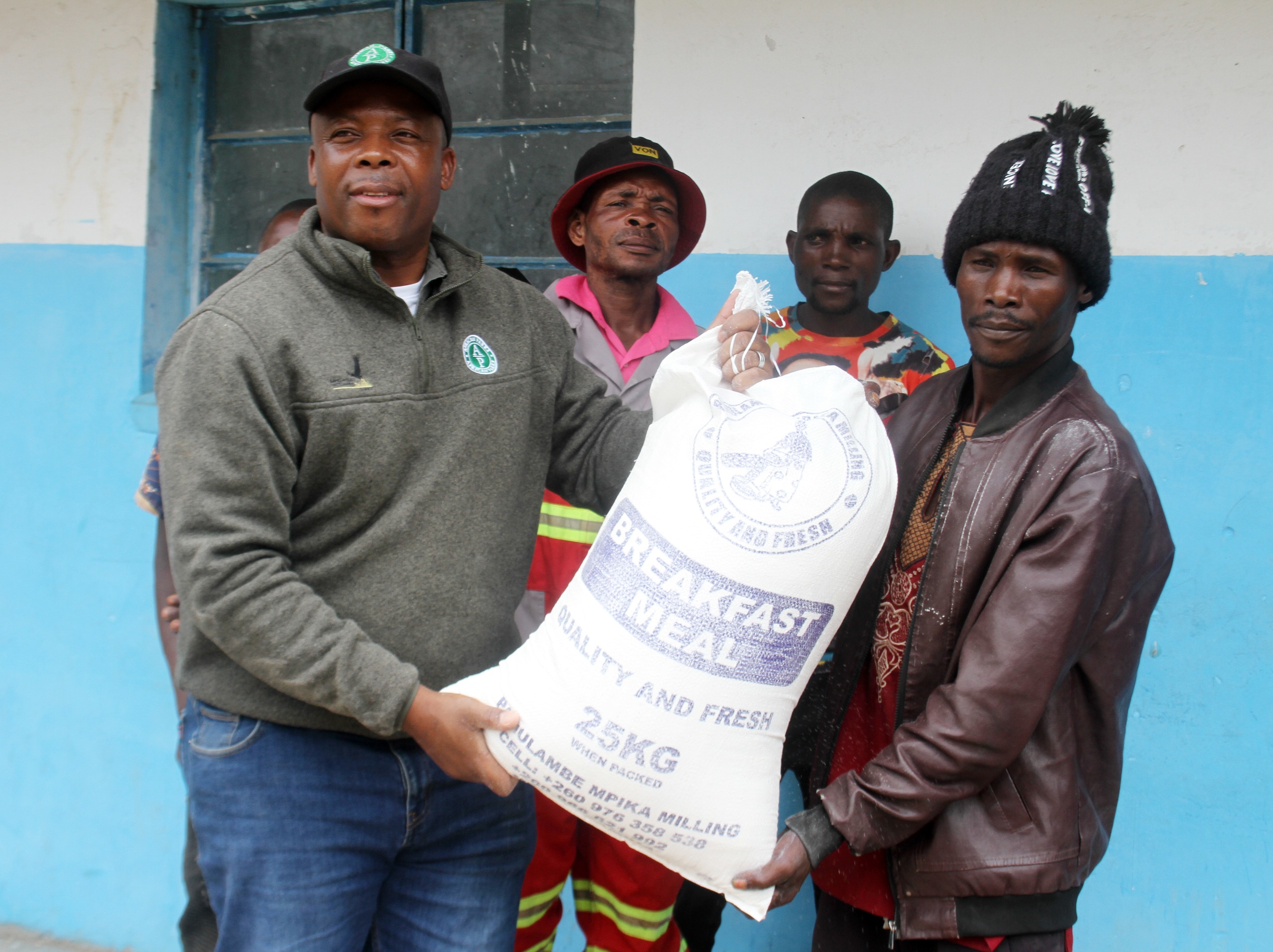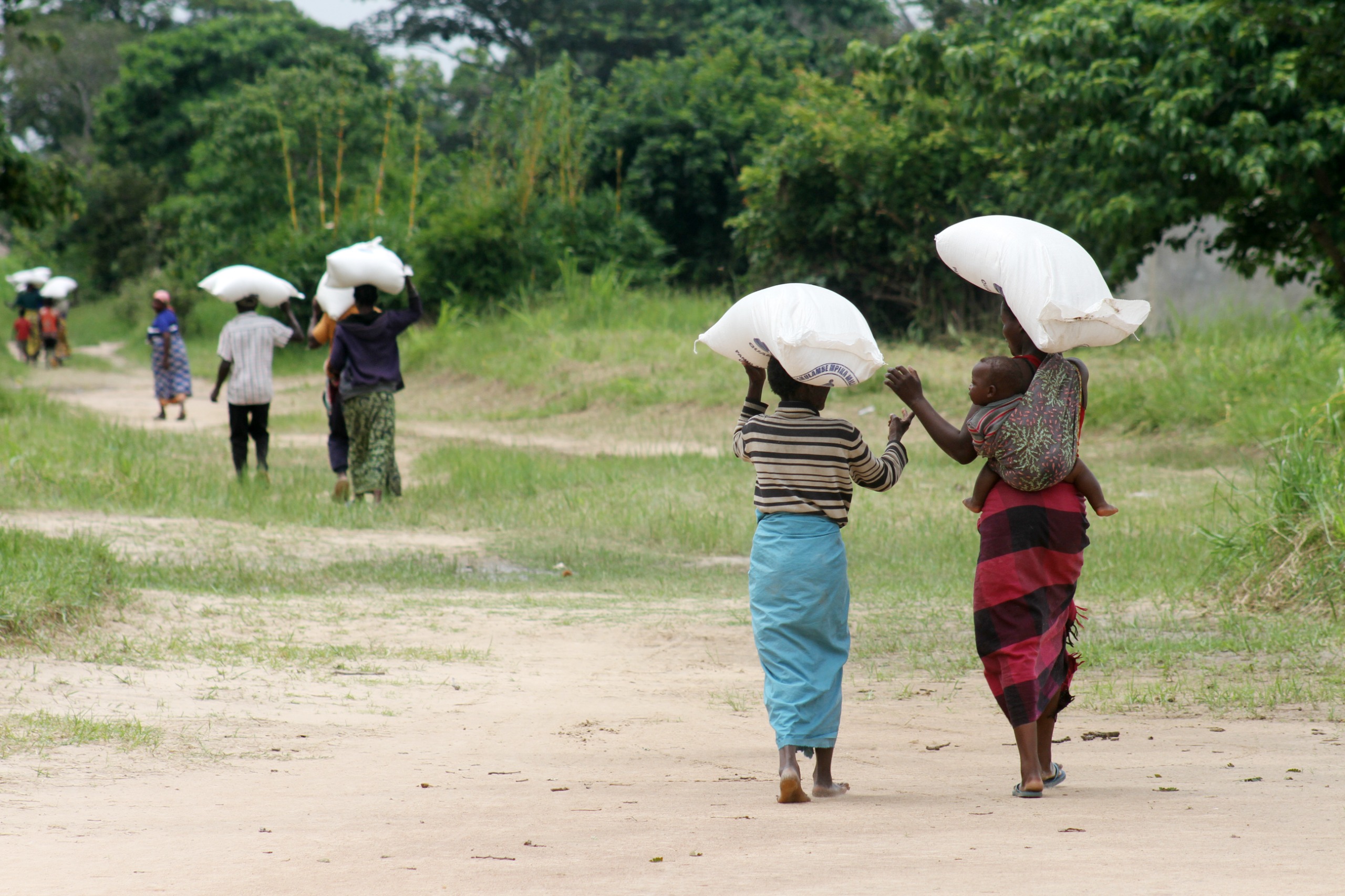CHISHIMBA BWALYA
Bangweulu Wetlands
AFRICAN Parks has embarked on a food relief initiative for the local people within the Bangweulu Wetlands, with an estimated 15,000 bags of mealie meal to be distributed between January and April this year at a cost of US$30,000.
The move intended to boost wildlife conservation efforts in the game management area, which is also home to an estimated 60,000 people, will see about 12,000 households benefiting from relief food supply for a period of four months.
Following the drought last year and the annual fishing ban which fell into effect on December 1, the lack of food resources in the area has risked a rise in poaching activities within the GMA where inhabitants are solely dependent on fishing and farming.
“Our programme here is just to help the local people with relief food,” Bangweulu Wetlands community development manager Lloyd Mulenga said last week ahead of distribution in Muwele village in Chief Chiundaponde’s area.
“This consignment is the first in the cycle. We’ve procured about 2,548 25-kilogramme bags of mealie meal, which is intended to be distributed in six chiefdoms.”
“This is an alternative to helping our people instead of going poaching and also doing illegal fishing. As someone who is working with the community, we feel this is important to help our people.”
The distribution of relief mealie meal is the latest in a series of efforts by African Parks to enhance wildlife conservation efforts in Bangweulu which have included honey harvesting and education empowerment programmes.
Since taking over management of the area in 2008, there has been significant progress in wildlife numbers, with the black lechwe population standing at 42,000 from a meagre 15,000 then.
The area has also seen the reintroduction of the cheetah and serval cats between 2020 and 2021.

There have also been efforts to improve the shoebill bird stock in the area through the Shoebill Management Plan, which included the construction of a captive rearing facility for the semi-aquatic bird largely considered endangered globally.
For Chief Kabinga, whose area has benefited from the relief food distribution, such efforts and their impact on the community could not have come at a more opportune time.
“Wildlife is something that if you do not conserve, given five years there will be nothing. So it is very important that wildlife is conserved for the future generations. This has come at the right time. This is the period when our people are under stress. In terms of the household, you will understand that very few people manage three meals a day,” he said.
Alfred Mwape, who is Lukulu Ward counsellor in Chief Chiundaponde, called for more efforts from the local people in the conservation of wildlife to help improve the welfare of the community. Other chiefdoms that have benefited are Kopa, Bwalya-Mponda, Chitambo and Nsamba.


